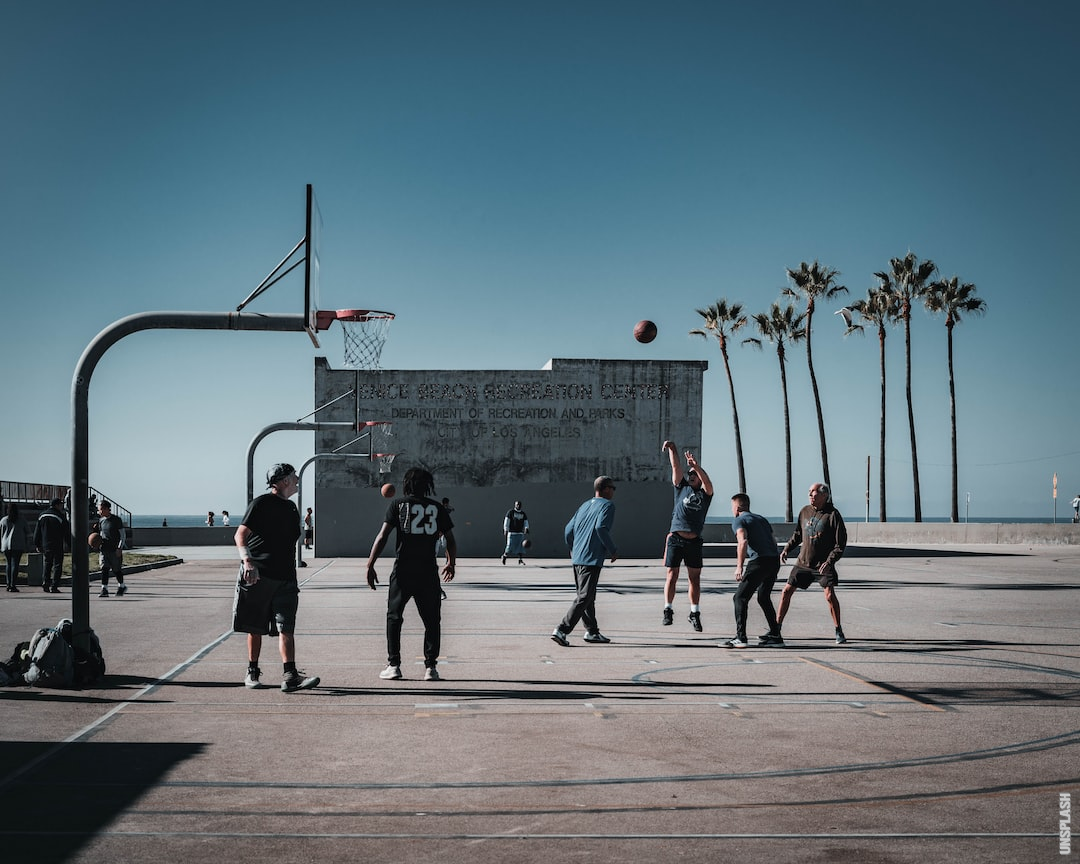The Elusive Monarch
In the heart of the African savannah, a majestic creature reigns supreme. The lion, also known as the king of the jungle, has long captivated the imagination of humans and become an icon of power and strength. However, recent events suggest that this iconic species is facing a new threat – the illegal trade in lion parts. Could the king of the forest be in danger of being stolen?
A Shocking Discovery
It all started with a routine inspection at a remote wildlife reserve. Conservationists and law enforcement officials were shocked to find evidence of a thriving underground market for lion parts. From bones to teeth, claws to skins, every part of the majestic lion was being targeted by poachers and traffickers. This discovery sent shockwaves through the conservation community, raising concerns about the future of this iconic species.
A Lucrative Trade
The illegal trade in lion parts is driven by a demand for traditional medicines, trophies, and exotic home decor. In some cultures, lion bones are believed to possess healing properties, while lion skins are sought after as status symbols. This demand has created a lucrative market, with prices soaring for these illegal commodities. As a result, poachers are increasingly targeting lions, pushing their populations to the brink of extinction.
The Impact on Ecosystems
Lions play a vital role in maintaining the delicate balance of ecosystems. As top predators, they regulate prey populations and prevent overgrazing, ensuring the survival of countless other species. The loss of lions could have far-reaching consequences, leading to ecological imbalances and the collapse of entire ecosystems. Protecting the king of the forest is not just about saving a single species; it is about preserving the intricate web of life that depends on their existence.
Conservation Efforts
In response to this alarming trend, conservation organizations and governments are stepping up their efforts to combat the illegal trade in lion parts. Increased law enforcement, stricter penalties, and public awareness campaigns are being implemented to address the root causes of this issue. Additionally, initiatives are underway to support local communities and provide alternative livelihoods, reducing their dependence on poaching as a source of income.
Post
Post
A Call to Action
The fate of the king of the forest hangs in the balance. It is up to us, as stewards of this planet, to ensure that future generations can witness the awe-inspiring sight of a lion roaming freely in the wild. By supporting conservation efforts, spreading awareness, and advocating for stronger wildlife protection laws, we can turn the tide and put an end to the illegal trade in lion parts. Together, we can secure a future where the king of the forest remains a symbol of strength and resilience, rather than a stolen treasure.





